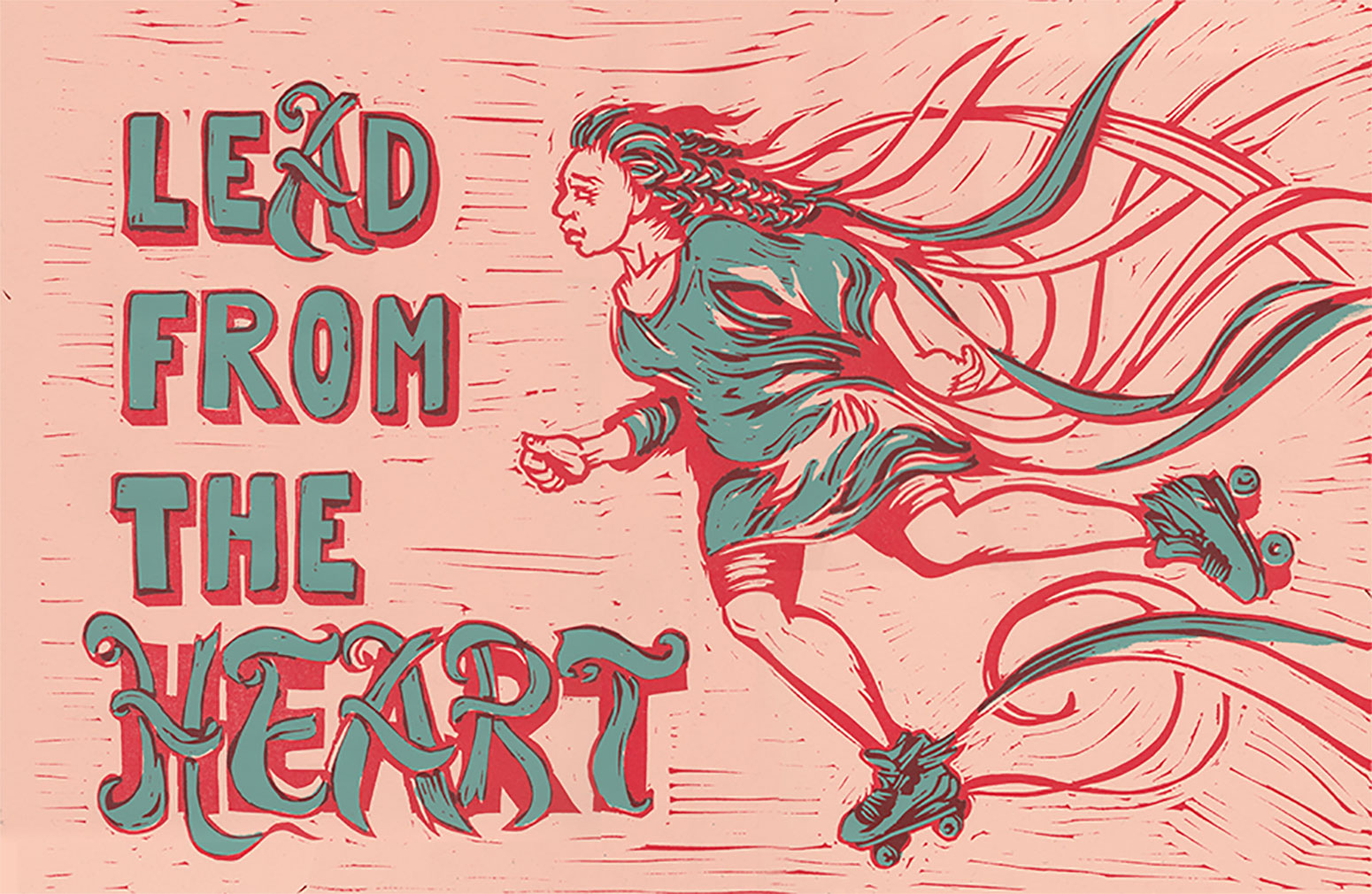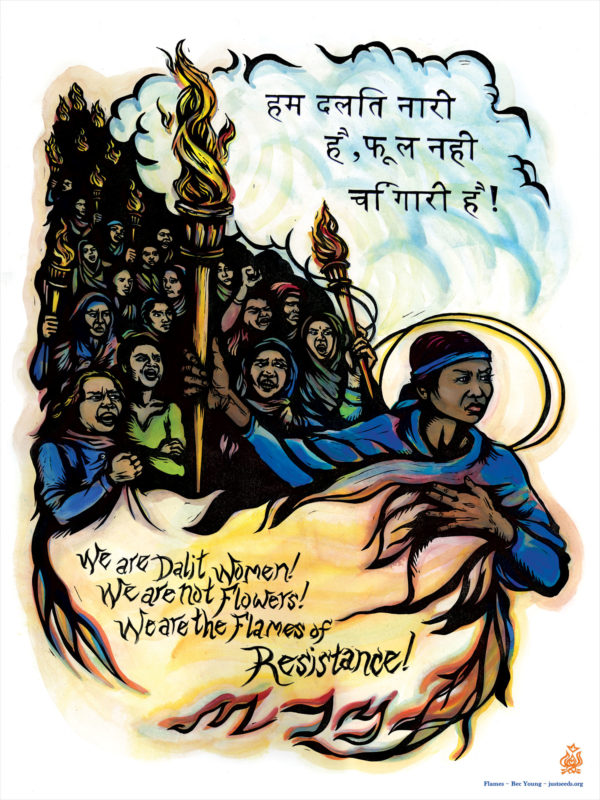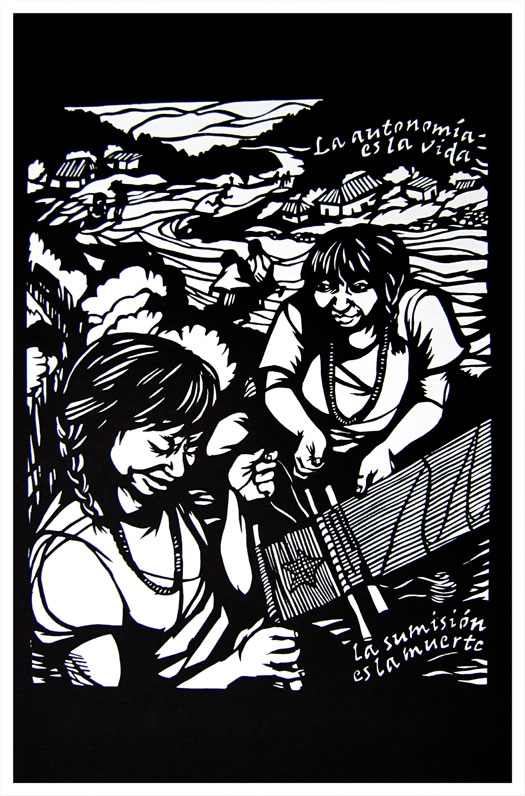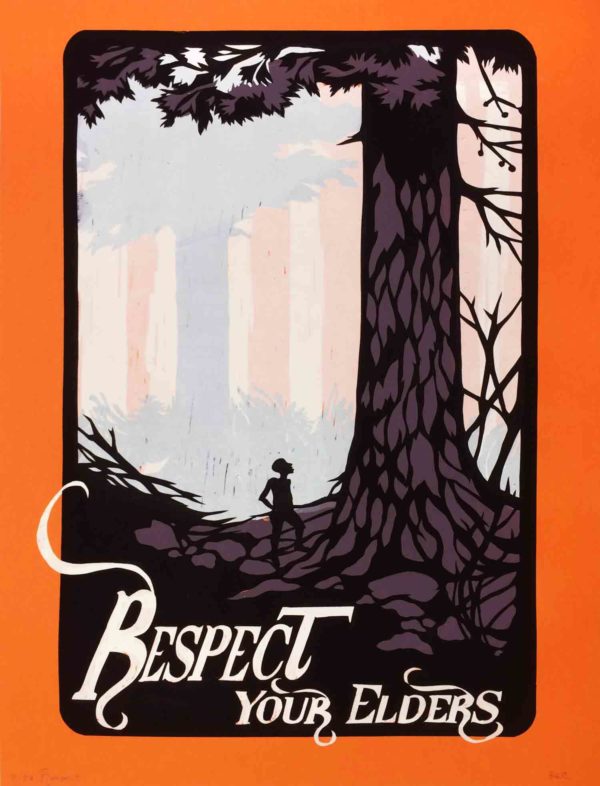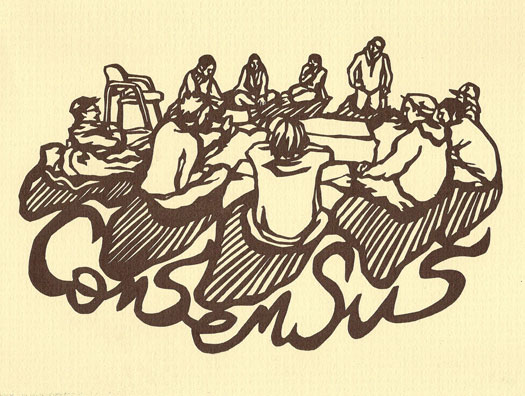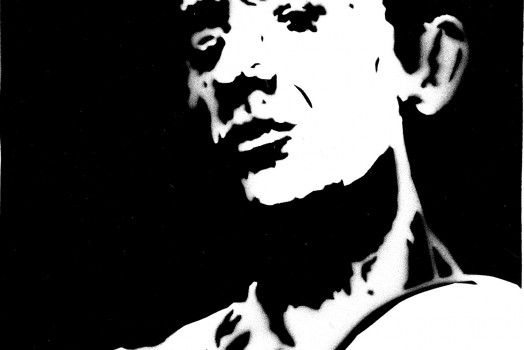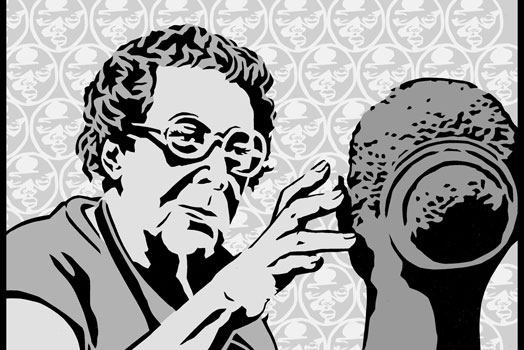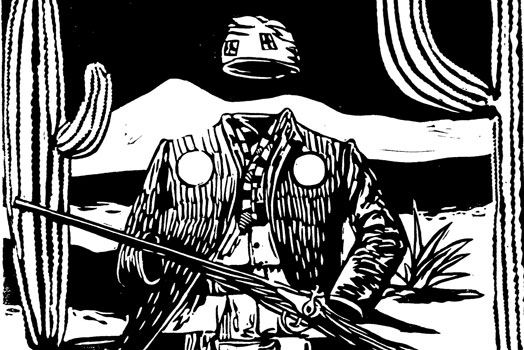What is power? What is leadership? I’m still trying to figure it out. Over the years, though, I have noticed that there are different types of power, that people can be leaders in very different ways.
Sometimes people act as though there is a limited amount of power and try to grab it all for themselves. They cut other people down so they can stand out. They think leadership is all about control, and you’d better fall in line. It’s top-down and pyramid style with only orders trickling down. This type of leadership makes you think surely “Abuse of power comes as no surprise”— as Jenny Holtzer wrote in Truisms. Unfortunately, this is still the dominant model that we learn and replicate, even in progressive organizations, whenever we aren’t fully conscious of our actions.
But then, Ella Baker. One of the most under-recognized leaders in the Civil Rights Movement, Baker was a leader who worked to create leaders — out of all of the young people in SNCC. She helped them listen to their own hearts, move with their own pulse, and stick up for their own values. She cheered on their creativity and strategy and bravery. Against popular opinion, she saw power as something that wasn’t finite. Baker moved with a deep responsibility to the youth she empowered, strategizing them to success. It wasn’t just that she was a humble leader. She saw the leadership in others, and helped them to see it by reflecting it back to them.
Power, itself, is not evil. Power can uplift and enliven. You can use power generatively like a mirror, helping others to see the power inside themselves. You can use it to open doors or windows into resources, ideas, possibilities. Maybe power is a ladder or an elevator. Power can be anywhere, so it is where you are. It can be anyone, so it is who you are. Just be in service to others, to the world, and your actions will be a model that others respect. That is leading from the heart.
